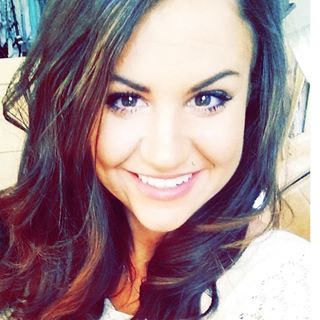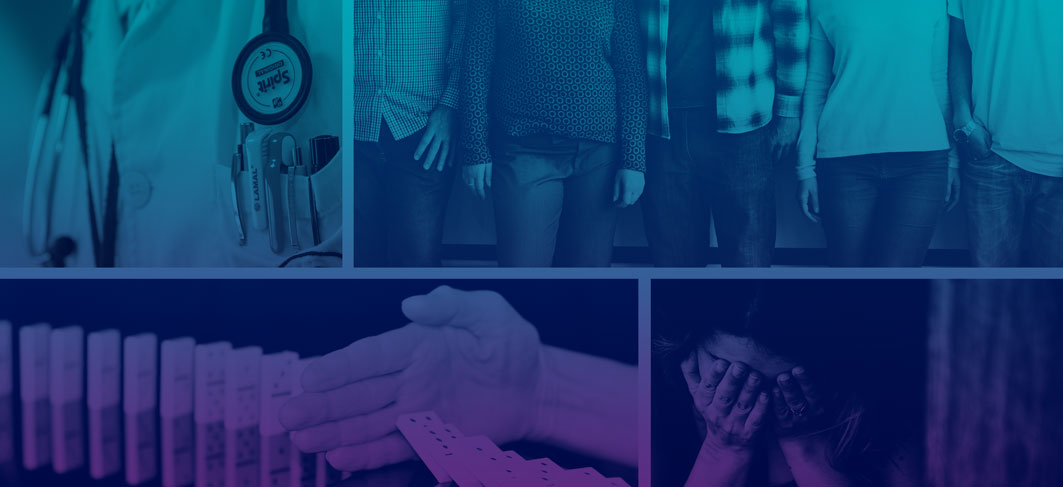1. Just Because a Doctor Prescribes it to you Doesn’t Mean It’s Safe.
I can’t begin to tell you how many drugs I have been prescribed by doctors. A short list includes Adderall, Xanax, Ambien, Vicodin, Percocet, & OxyContin. These were all prescribed to me before I became addicted to them. I didn’t go out seeking these drugs. They were supposed to relieve a variety of ailments including depression, pain, anxiety, and insomnia. The doctor’s always had an easy answer for me. The answer was a pill. I didn’t need to go deep into my history or answer any difficult questions. I just had to tell them my signs and symptoms and all they did was treat these signs and symptoms. I never received any education or alternatives to medication. Every visit to a doctor was short and easy. Another prescription. That became the answer and the solution to my every problem. Even when my parents told me to be careful, when they warned me of the dangers, when they said my personality was changing – I dismissed them. They weren’t medical professionals. They didn’t know what I needed. I trusted in my doctors, and I shouldn’t have.



